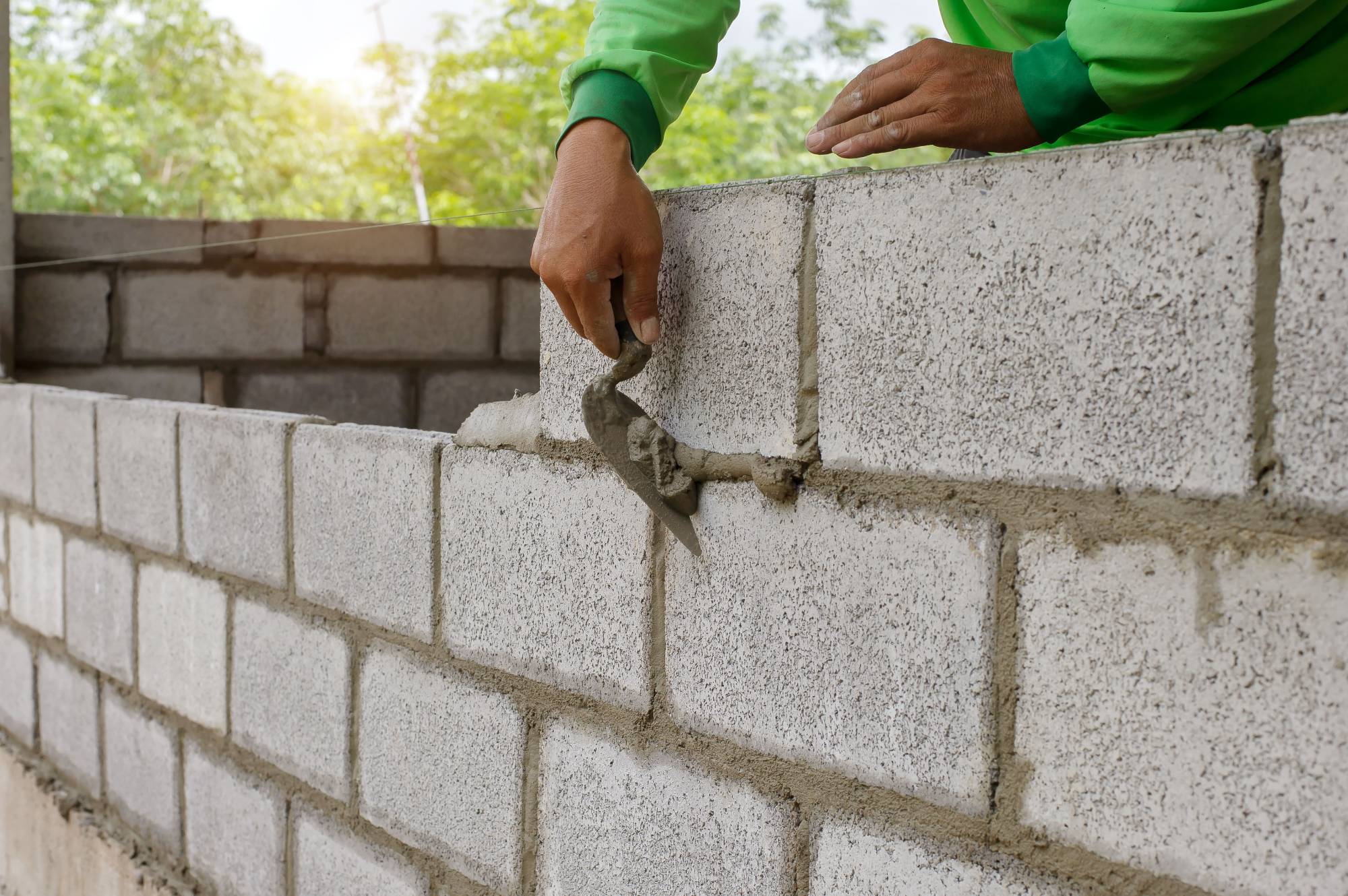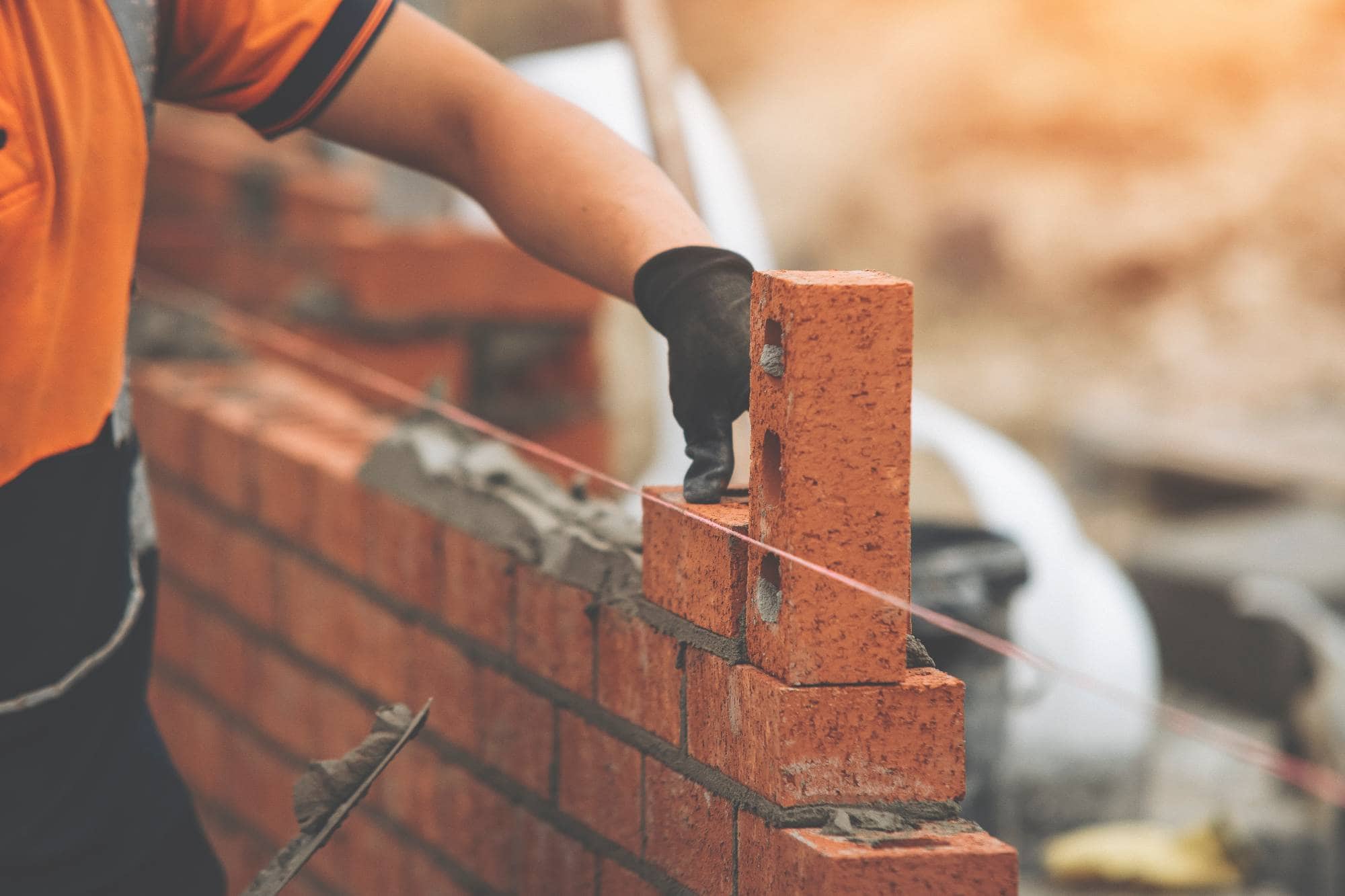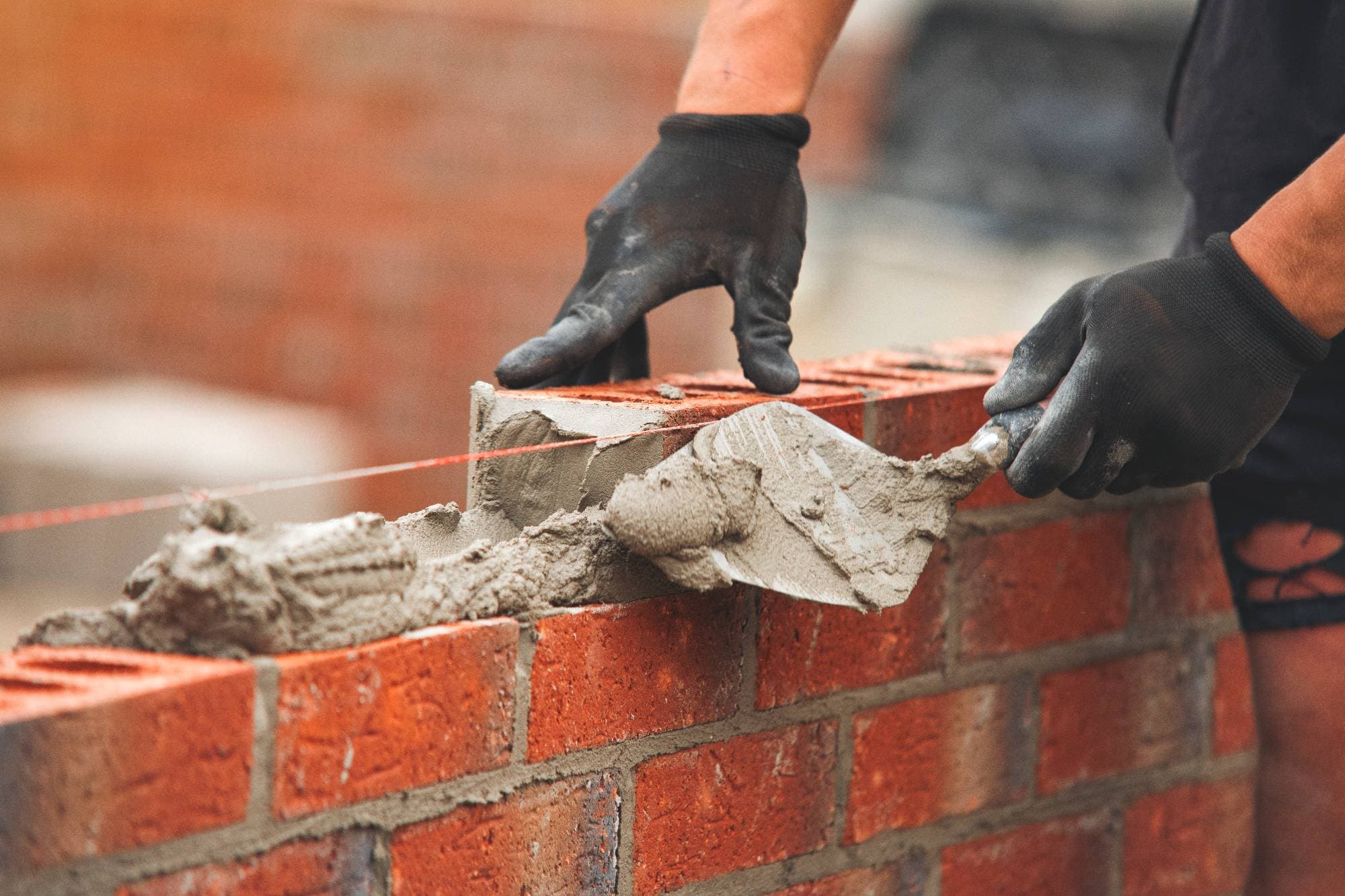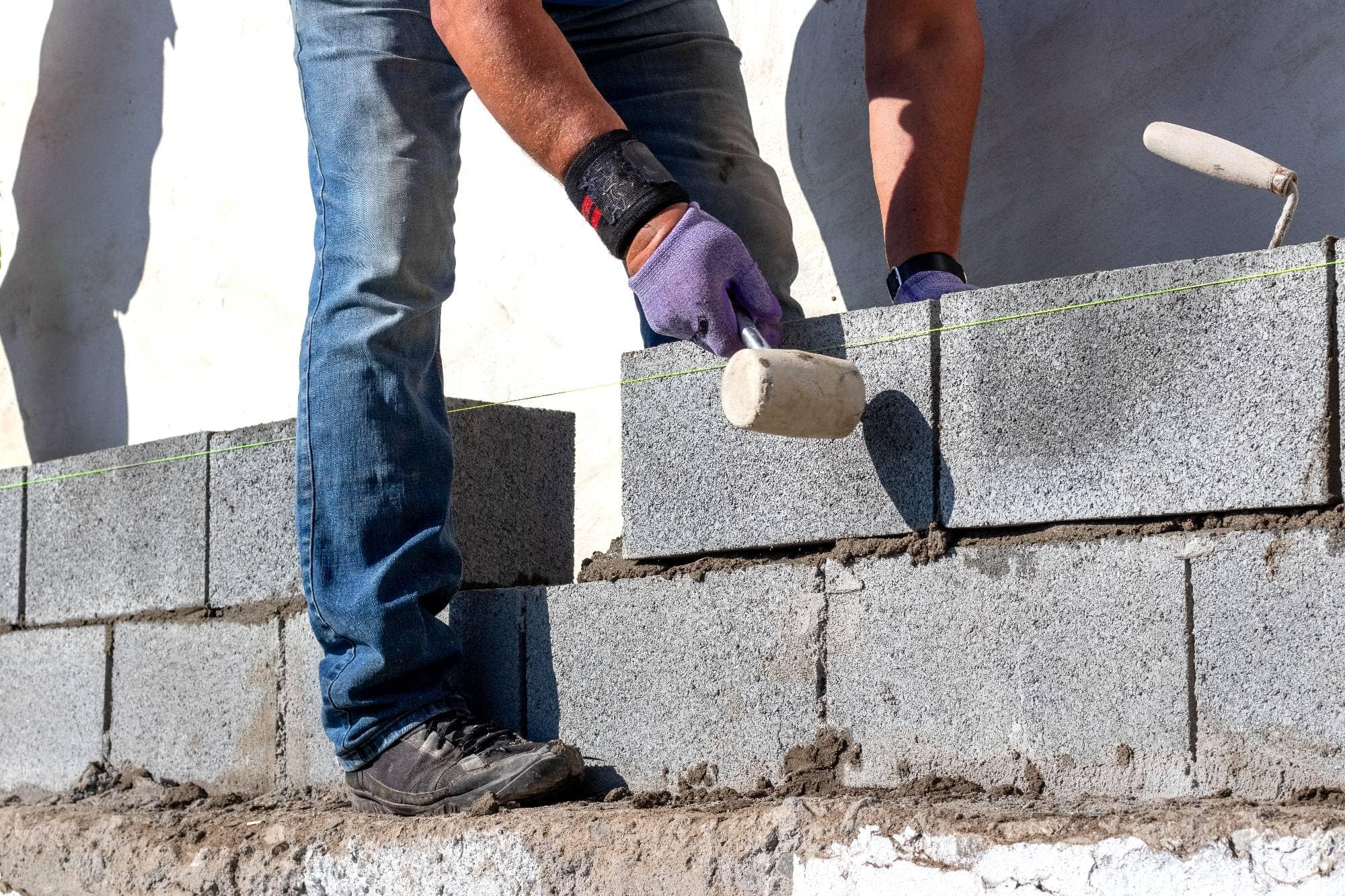Your chimney and masonry deserve craftsmanship that stands up to New England weather, not quick fixes that fail when you need them most.

Hear from Our Customers

When your masonry work is done right, you stop worrying about water damage, cracking mortar, and structural problems. You get a chimney that handles Smith Mills’ freeze-thaw cycles without falling apart.
No more emergency calls when a winter storm exposes weak spots. No more watching small cracks turn into expensive repairs. Instead, you get masonry that’s built to last, using materials specifically chosen for Bristol County’s coastal climate.
Your home maintains its value, your family stays safe, and you can actually enjoy your fireplace without wondering if something’s wrong.
We’ve been working in Norfolk and Plymouth Counties long enough to understand what masonry faces here. The coastal moisture, the freeze-thaw cycles, the specific challenges that come with Smith Mills’ location in Bristol County.
Our team knows which materials hold up and which ones don’t. We understand local building requirements and permitting processes. When we match mortar or select replacement bricks, we’re thinking about how they’ll perform in your specific environment.
You’re not getting generic solutions. You’re getting masonry work designed for exactly where you live.

First, we inspect everything thoroughly. Not just the obvious damage, but the underlying structure, mortar condition, and potential problem areas. We document what we find and explain it clearly.
Then we create a repair plan that addresses root causes, not just symptoms. If your mortar is failing because of improper mix or installation, we fix that. If water infiltration is causing spalling, we address the source.
During the work, we match materials carefully and use proper techniques. New mortar gets the right composition and color. Replacement bricks are selected for compatibility. Everything is done to prevent future problems, not just make things look better temporarily.

Ready to get started?
We handle everything from minor tuckpointing to complete chimney rebuilds. Spalling brick repair, mortar joint restoration, chimney crown work, and custom masonry projects.
In Smith Mills, we see specific patterns of damage. The proximity to the coast means more moisture exposure. The freeze-thaw cycles are particularly hard on masonry that wasn’t properly installed or maintained. We’ve learned to anticipate these issues and address them before they become major problems.
Whether it’s matching the historic brick on an older Smith Mills home or working with modern materials on newer construction, we have the experience to get it right. Our work meets Massachusetts building codes and permit requirements, so you don’t have to worry about compliance issues.
